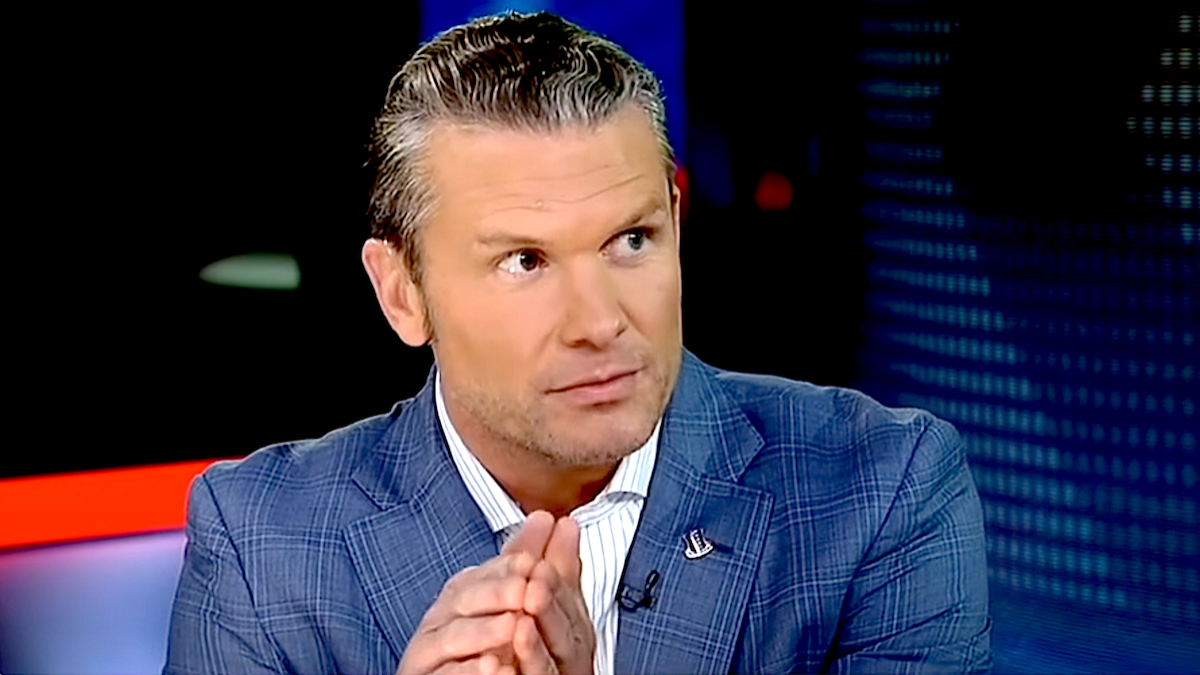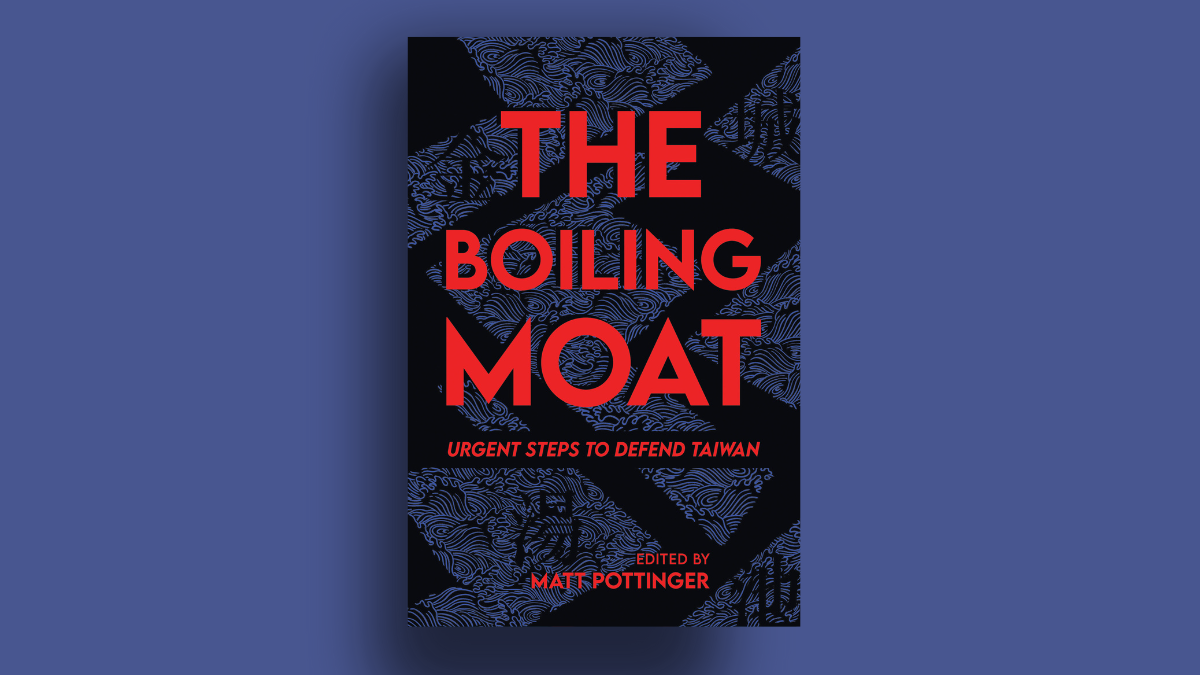
We’re familiar with the stereotype of religious conservatives as buttoned-up Puritans who don’t enjoy sex, much less tell their children about the Birds and Bees with any degree of candor or joy. But in the same way that the Puritans-hated-sex story was completely untrue, I’m beginning to wonder if it’s the parents who think of themselves as sexually liberated who struggle to talk about sex with their kids.
A few months ago, Hanna Rosin wrote a piece headlined “Trying and Failing (and Trying and Failing) to Talk to My Daughter About Sex.”
It’s actually a really interesting, if frustrating, piece. Here’s what she says she wants to tell her daughter, after telling her that “the point of sex is to have fun”:
I want to say that if you are in love, that fun may be more likely to happen, but it’s not the only way. That it’s somewhat different for boys and girls, at least at first. That there are ways you have to protect yourself because, back to Point A, if you don’t, it won’t be fun. That there is a lot of easy access to porn these days, and she might learn something from it but will more likely learn all the wrong things. It’s just that when I say these words out loud, they feel like birds that have escaped from my mouth and are flying madly around the room.
She’s worried about the fact that “kids learn about smegma and epididymis before they know what love is,” but she still can’t figure out how to talk to her high-schooler.
More recently, Penny Arcade posted a really funny — but also tremendously sad and discouraging — series called “The Talk,” in which various cartoonists pretend to tell another person’s kid about sex. Penny Arcade is a webcomic usually focused on video games and video game culture, written by Jerry Holkins and illustrated by Mike Krahulik. Krahulik introduced the series by saying that a friend of his had no idea how he was going to do the talk with his son Gabriel, “much like our own dads, who simply never told us anything. Except there’s no way you can get away with that anymore.” So he asks other artists to come in and help out.
And off we go. As I said, it’s a funny series, which you can see here, here, here, here, here, here, here, here, and here. A sample of the advice/conversation/discussions:
- Gabriel: Some of the kids were talking about where babies come from. And … Dad: Gabriel, you know where they come from. Wizards. Gabriel: But for real, though. For really real. Dad: Gabriel, I want to talk to you about this. But I also really don’t want to. We could have a frank useful conversation about sexuality that could serve you your entire life. Alternately, I could have a carousel of strangers explain “the penis” to you while I hide in the basement. I think we’re gonna go with that one. Does that sound good? Good? Good.
- Cartoonist: Hello young child. I, Abby, am here to explain to you how offspring are produced. See, when a man loves a woman very much … They must find and capture a stork. When they have obtained the stork … They must sacrifice it and consume its still warm flesh. Then they will vomit up the quivering ooze that will form their newborn child.
- Cartoonist: Sooo… Uuurges …. Uhhhmmmm …. Here’s the internet. Condoms are cheaper than babies. That thing in your pants is the devil. Son: Daaad? Cartoonist: Alright, he’s good to go.
- Cartoonist: I’m gonna tell you what my dad told me when I was about your age. “The devil got into your mother and I. Pulled our strings like marionettes. What have I done? Our bodies told the ultimate lie to one another. A lie made flesh nine somber months on. I peered into your crib as one might a great mouth, a mouth that gnashes the freedom of a man. We don’t want you here boy. Devil take you back to his realm of darkness.” … I think the penis is involved somehow.
One cartoonist tells Gabe: “Chances are pretty good that once your body and mind have aged enough, you’ll start feeling sexual desire and it won’t be because you want to be a daddy.” Also that sex is about “having fun together as a team” and “penis-in-vagina-penetration is not all there is to sex,” which she proceeds to explain in great detail.
One is so sad I can barely quote from it. The cartoonist says that sex is “like playing Russian roulette. Every time. 99.999% of your adult life you’re gonna want to git busy with another human and the last thing you want to do is make a baby.” And then she proceeds to explain how babies ruin everything, that Gabriel owes his existence to the fact that his parents’ “primal monkey brains couldn’t stop them from borking long enough to use protection. Now they’re both mammalian garbage just waiting to die in their tomb of a family home the minute you leave for college.”
It’s mostly funny but between Rosin and the slew of cartoonists, I’m wondering if we have a bit of a problem here. Maybe those of us who are religious and less conflicted about sex discussions need to offer some tips.
1) Don’t Have “The Talk”
Yes, the first piece of advice about having “The Talk” is not to have it. That’s because instead of a single talk, you have an unending conversation over the course of your child’s entire life. It may sound difficult but it’s actually quite easy. Think of it like you think of any other issue on which you inculcate values. You don’t wait until your son is 19 to tell him to consider safe driving. You start talking about how to interact with traffic from before he can walk. As he ages, the types of things you talk about change dramatically, but it’s all part of the same conversation.
When your children are young, they want to talk about body parts. They have questions about where babies come from but cursory responses satisfy them. As they age, the questions become much more complex but still answerable. The key is to not try to answer everything in one talk. Or 200 talks. It’s more about an unending conversation involving body parts, emotional navigation, long-term plans, your family’s values, and more. Except that makes it sound like you’re talking about it all the time and really you’re just talking about it when it needs to be talked about.
2) Partly be proactive, partly be responsive.
A lot of talking about sex with your children is just answering the questions they have. If they have the question, you can certainly do the parental duty of letting ’em know what’s what. This doesn’t mean that if your 4-year-old asks you about how babies are made, you explain to them the entirety of human physiology and marriage norms — just that you need to figure out an age-appropriate answer.
On the other hand, sometimes kids need to be made aware of things they might not inquire about on their own. A young child might need to know about who is and is not allowed to see them naked. A girl approaching puberty is going to need to be told what to expect before her period arrives for the first time. Teens in hormonal heat will need all sorts of help navigating the minefield that is teens in heat, whether or not they ask for help.
3) Sometimes it’s good to ask them why they want to know something.
I learned this trick from an older friend of mine and it’s come in handy so many times. You know that feeling of dread when your child asks you a difficult question about sex? Before you panic — or begin your lengthy soliloquy of response — ask them to explain why they want to know something. Did he ask about foreskin because he just noticed his penis looks different from his friend’s? Did he ask about it because he doesn’t know what the word means? Because he thinks he’s having a problem with it? No need to go on and on without first learning what your child actually is hoping to have answered.
4) Mechanics aren’t the hard part. Neither is the emotional part. Transmitting your morals is.
As Rosin noted above, many teenagers are privy to contextual-less information about their anatomy or the opposite sex’s. They have probably seen porn, be it hardcore or what’s available on HBO. Or heck, they’ve been subjected to the soft core porn of our nation’s billboards, commercials, magazine ads, and horribly unfunny sitcoms.
Speaking in weird platitudes about “fun” being more fun when there’s “love” is easy as well (and weakly insufficient, for what it’s worth). The tricky part is inculcating morals.
It’s not just about persistent instruction in what you value, it’s about behaving in a manner that is not completely at odds with what you proclaim. Part of it is realizing that being a parent means you are in the business of inculcating morals. I know, it sounds so judgmental. Take deep breaths and realize that everyone has strong ideas about what is right behavior and what is wrong behavior. Don’t believe the lie that some people are moralistic and some aren’t. Every single person on earth is doctrinal in their sexual morality, whether that morality is that sex is a gift from God to be enjoyed within marriage or whether it’s that sex should have no limits beyond safe-words and safety restraints and maybe-bestiality-isn’t-cool-but maybe-it-is-who-knows-the-important-part-is-that-you’re-having-fun-and-using-birth-control-and-not-having-babies-until-your-late-30s.
5) Love your spouse. View sex as a blessing.
One of the best things parents can do to help their kids develop a healthy attitude toward sex is to demonstrate that they themselves have a healthy attitude toward sex. And since it’s really hard to fake happiness with a crappy sex life, that means having a loving marriage with lots of sex. Take the time to have fun time with your spouse and make sure your spouse is a priority over your children. Kids aren’t stupid, they’re just — ok, sometimes they’re stupid. But idiots or not, they are super-sensitive to knowing whether their parents love and respect each other. Don’t give them ammunition to question the strength of your relationship. It can mess kids up.
6) Note how you talk about babies.
One of the weird themes present in the Penny Arcade strips was that babies aren’t wanted. Obviously that is quite true in our culture, in which women are encouraged to make themselves barren for a good 20 or so years and then try to cram all their childbearing, if it ever occurs, into their late 30s when biology might not be so game. And then we’re supposed to go out of our way to either use assisted reproductive technology or other means to secure the baby we want, when we want it.
But you might just want to think about how that comes off when you say, as President Obama once said, “But if [my daughters] make a mistake, I don’t want them punished with a baby.” He said this in the context of teaching them about sexual morality and birth control.
It’s really hard to convey to your child that you view him or her as a blessing if you think babies are some type of curse that need to be contracepted against or completely controlled. And it will be hard to teach your child about the sanctity of human life if you are cavalier about how that human life begins.
Or as someone put it on Twitter this week on a related matter:
@wilcoxnmp @publicroad There's a real and fascinating social divide btw seeing kids as obstacle to flourishing vs the means of flourishing.
Matt Frost (@mattfrost) August 12, 2014
7) Be positive about sex
One of the things I’m grateful my parents did was get me this fantastic book to explain sex. It was put out by my church body and as one reviewer recently wrote, “I’ve come across plenty of weird old books trying to explain sexuality to kids, but this is probably the most happy and colorful.”
My parents didn’t really overdo any of this stuff, but they were enthusiastic about sex being a good thing that is to be enjoyed. And this is important because so much of talking about sex is about curbing or redirecting behavior (e.g. “we don’t do that in public” or “we don’t use force” or “we don’t develop a clown fetish.”) that it’s also good to talk about what we should do. And one of those things is enjoy sex.
8) Consider whether your own confusion is the cause of your troubles.
One of the things I picked up on in reading modern liberal discussions of “the talk” is that much of that talk is about emotions or feelings and much is about biology. It’s very difficult to develop any healthy limiting principle from the latter and reliance on feelings and emotions can be subjective and, at times, incoherent.
I wonder if one of the reasons so many liberal parents are struggling to talk about sex is because they believe morality is, in fact, subjective. They may, in fact, view holding to objective morality as an anachronism. Those of us who believe in objective morality are as confused by subjective morality as others are by objective morality. But pointing to some objective standard and not some opinion I am pretty sure I hold to at the moment makes sex talk much easier.
A discussion based on ever-changing personal and societal views, a near obsession with personal wants, and no objective standard for what to do when one’s personal desires collide with another person’s desires is a very difficult discussion to have. And while we’re at it, this modern view of supposed sexual liberation doesn’t seem to be the dreamy dream we were promised. One might look at the widespread use of abortion to end pregnancy, the epidemic of children being raised without one or both parents, the general decline of the intact family, enmity and frustration between the sexes, divorce, loneliness, rates of sexual dissatisfaction, prevalence of sexually transmitted diseases and the plague of sadness many experience. Or one might pretend that these things aren’t happening or don’t matter. We seem to be good at that.
Of course, if we want to raise children who care about something deeper and less fleeting than satisfying physical desires, that should be just one component of a larger discussion about who we are as humans, the gift of our sex, how our sexes complement each other, the significance of that complementarity, family formation, personal responsibility and our higher and more transcendent ends.
Now get out there and talk to your kids!









